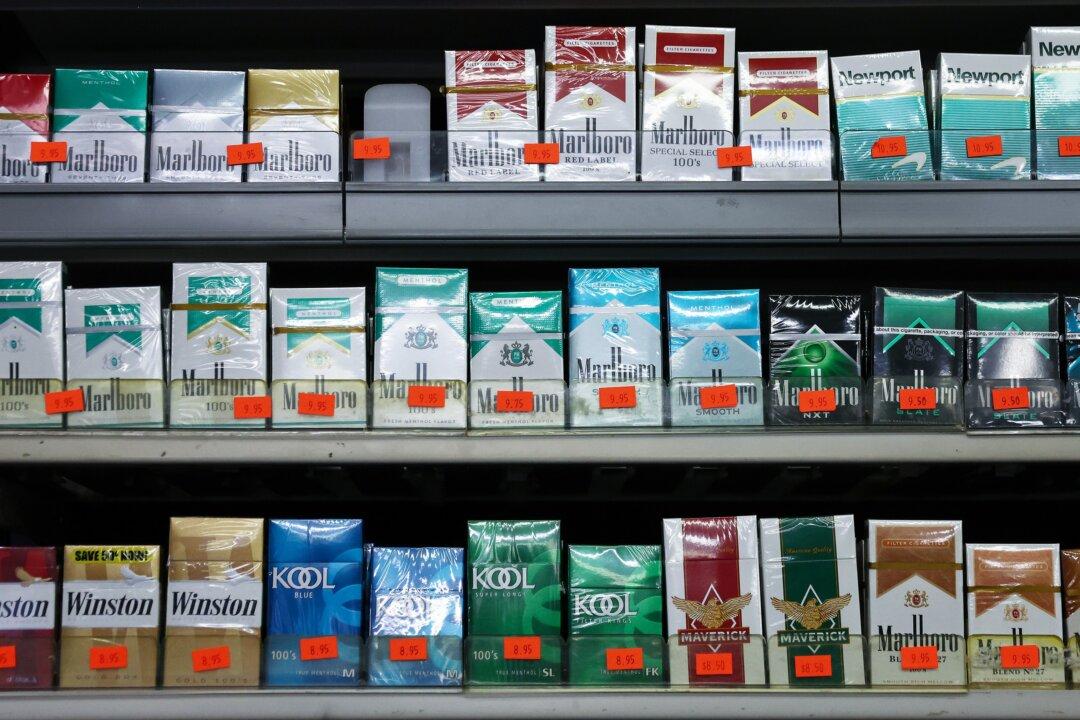President Joe Biden’s administration has proposed removing most nicotine from cigarettes in an effort to make the product less addictive.
The proposal, outlined in a brief agenda by the Department of Health and Human Services (HHS), would establish a lower ceiling for nicotine levels in cigarettes and some similar products.





